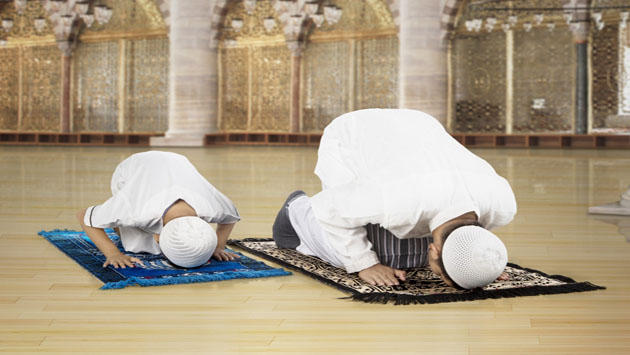Causes of Forgiveness in Islam: Simple Deeds That Erase Sins Even If as Vast as the Foam of the Sea
Introduction
Forgiveness is one of the greatest hopes for every Muslim seeking Allah’s pleasure and the reward of Paradise. The beauty of Islam lies in the fact that forgiveness does not require complex or exhausting rituals—many of the acts that lead to Allah’s pardon are simple and accessible to all. In this article, we explore some of the most important means to attain forgiveness and highlight Prophetic narrations that promise the erasure of sins, even if they are as abundant as the foam of the sea.
What Is Meant by Forgiveness in Islam?
Forgiveness (مغفرة) means that Allah conceals the sin and does not hold the believer accountable for it. It is one of His divine attributes:
إِنَّ اللَّهَ غَفُورٌ رَحِيمٌ
سورة البقرة: 173
The Qur’an often mentions forgiveness alongside mercy, signifying that Allah does not punish except after warning and that He pardons those who repent and seek forgiveness.
Simple Deeds That Erase Sins in Islam
1. Seeking Forgiveness (Istighfar)
The Prophet ﷺ said:
“Whoever persists in seeking forgiveness, Allah will make for him a way out from every worry, a relief from every distress, and provide for him from sources he never expected.”
Regular istighfar removes sins and attracts mercy and sustenance.
2. Remembrance and Glorification of Allah (Dhikr & Tasbih)
The Prophet ﷺ said:
“Whoever says ‘Subhan Allah wa bihamdih’ a hundred times in a day, his sins will be erased even if they are as much as the foam of the sea.”
Dhikr is one of the easiest acts of worship but holds immense reward.
3. Performing Wudu Properly (Especially in Difficult Times)
The Prophet ﷺ said:
“When a servant performs wudu, his sins leave his body even from beneath his nails.”
4. Attending the Mosque and Walking to Prayers
Every step toward the mosque erases a sin and grants a good deed, as mentioned in authentic hadiths.
5. Good Character (Husn al-Khuluq)
The Prophet ﷺ said:
“Nothing will weigh heavier on the believer’s scale on the Day of Judgment than good character.”
6. Fasting the Day of Arafah and Ashura
Fasting on the Day of Arafah erases the sins of the past and coming year. Fasting on Ashura wipes out the sins of the past year.
7. Sincere Repentance (Tawbah Nasooh)
Allah says:
وَإِنِّي لَغَفَّارٌ لِمَنْ تَابَ وَآمَنَ وَعَمِلَ صَالِحًا
سورة طه: 82
The Vastness of Allah’s Forgiveness
- No matter how many or how great the sins, Allah forgives all for the one who repents sincerely.
- Many hadiths promise forgiveness for small, consistent deeds.
- Allah’s mercy is greater than all sins combined. Despairing of His mercy is a mistake.
Tips for Maintaining a Life of Constant Forgiveness
- Make istighfar part of your daily routine.
- Keep up with morning and evening adhkar.
- Commit to fasting sunnah days regularly.
- Always remember that Allah forgives all sins. Never lose hope.
- Read hadiths that encourage forgiveness to stay motivated.
Conclusion
Forgiveness is not far from reach. It is open to anyone who sincerely repents, remembers Allah often, and does the deeds He loves. Seize every opportunity to seek forgiveness—for Allah’s door is never closed, and His mercy is greater than any sin you’ve committed.
You can also read Reciting Surah Al-Baqarah daily
Follow us on Facebook Keywords:
SEO Keywords:
- Causes of forgiveness in Islam
- Deeds that erase sins
- Power of istighfar
- Virtues of dhikr
- Allah’s mercy and forgiveness
- Sincere repentance
- Foam of the sea hadith


Comments are closed